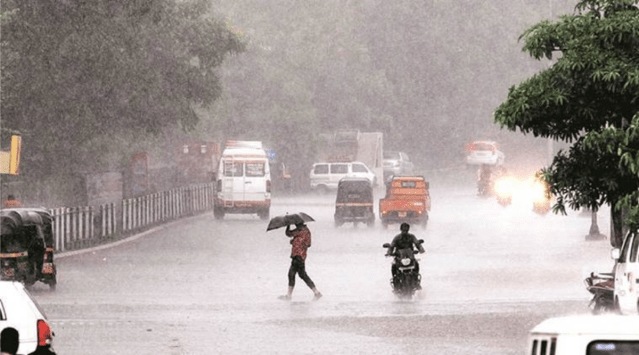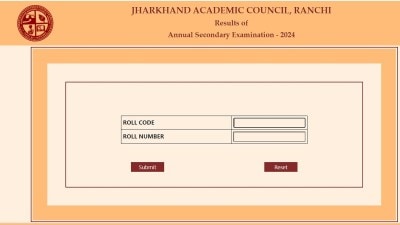- India
- International
IMD, ICMR collaborate to study temperature, rainfall roles with malaria cases in Odisha
Since a year, the Met department has been issuing weekly specialised ‘Climate Information for Health’ bulletins, which includes the temperature threshold values — both maximum and minimum, of India with a lead time of two weeks.
 Along with the two central agencies, the Odisha government and Malaria No More, an NGO, will work on this project.
Along with the two central agencies, the Odisha government and Malaria No More, an NGO, will work on this project.THE INDIAN Meteorological Department (IMD) and the Indian Council of Medical Research (ICMR) will join hands to study the role of temperature and rainfall with the incidents and mortality linked to malaria in Odisha.
Since a year, the Met department has been issuing weekly specialised ‘Climate Information for Health’ bulletins, which includes the temperature threshold values — both maximum and minimum, of India with a lead time of two weeks.
It also lists the possible districts and indicates the disease transmission window, which is crucial to forecast the onset of an outbreak of vector borne diseases like dengue and malaria.
“We have been sharing the meteorological data on an experimental basis for a year now and our product is available for the entire country. But, the validation of these vector borne diseases will happen when the health data is made available,” Mrutyunjay Mohapatra, director general, IMD, told The Indian Express.
Along with the two central agencies, the Odisha government and Malaria No More, an NGO, will work on this project.

According to the National Vector Borne Disease Control Programme, India recorded 8,44,558 malaria cases and 194 deaths in 2017. By 2020, both the cases and mortality had fallen to 1,81,831 cases and 63 deaths, respectively.
Till March this year, 18,568 cases and 14 deaths have been reported. Studies have shown that the spatio-temporal distribution of vector borne diseases is affected by variation in temperature and rainfall. This affects the development of the pathogen in the mosquitoes, their biting, survival and reproductive rates, all of which are related to the disease burden and outbreak.
In fact, the Met department soon plans to include more information about its present health bulletins and include meteorological parameters that could be playing some role in encephalitis.
“Under health meteorology, we are already providing information for dengue and malaria. We are also now planning to work with the Bihar and Uttar Pradesh state governments on encephalitis,” Mohapatra said.
Though the IMD and the National Disaster Management Authority (NDMA) have written in this regard to all the states, not many have come forward, as yet.
Mohapatra also said his office is open for collaborations. “For all this, we will need collaborative studies and the IMD is ready to provide all the required data. A collaborative mechanism is being developed through this NGO and the Odisha government. We are trying to operationalise this for different states and we will eventually do it for the entire country,” the IMD chief added.
Click here to join Express Pune WhatsApp channel and get a curated list of our stories
Apr 19: Latest News
- 01
- 02
- 03
- 04
- 05






































